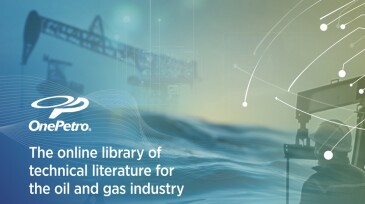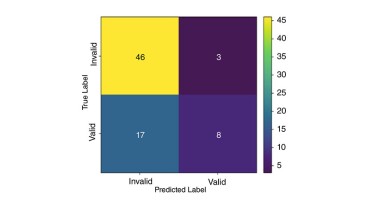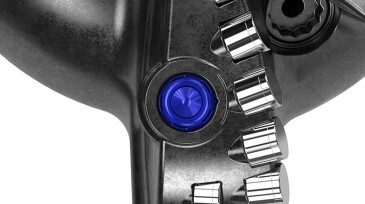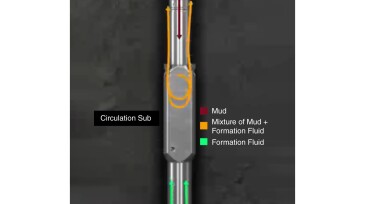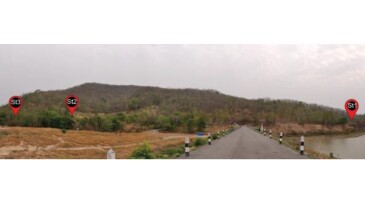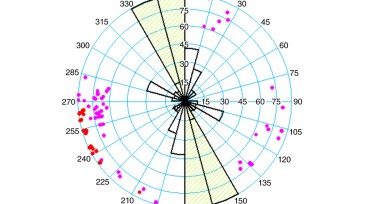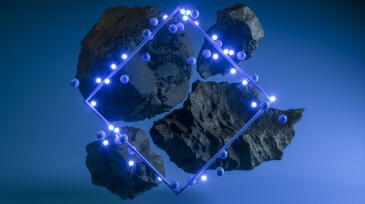formation evaluation
-
The current free collections presented by the online library examine artificial lift and various aspects of reservoir evaluation.
-
This paper introduces a machine-learning approach that integrates well-logging data to enhance depth selection, thereby increasing the likelihood of obtaining accurate and valuable formation-pressure results.
-
The company’s new Retina imaging system creates high-resolution borehole images at the drill bit.
-
Fundamental research conducted to derive a transport model for ideal and partitioning tracers in porous media with two-phase flow that will allow fast and efficient characterization and selection of the correct tracer to be used in field applications.
-
This paper addresses the challenges related to well control and the successful implementation of deep-transient-test operations in an offshore well in Southeast Asia carried out with the help of a dynamic well-control-simulation platform.
-
The authors of this paper describe the characterization of fractures in the Mesozoic sandstones of the Phra Wihan Formation exposed at the southern part of Uttaradit Province in Thailand.
-
This paper proposes a multidomain approach to tackle petrophysical and geomechanical aspects of a fracture system governing the carbonate layer of an exploration well in Kuwait to assess producibility and qualification for stimulation.
-
Geochemical parameters such as total organic carbon (TOC) provides valuable information to understand rock organic richness and maturity and, therefore, optimize hydrocarbon exploration. This article presents a novel work flow to predict continuous high-resolution TOC profiles using machine learning.
-
There is a thin line between success and failure of clay stabilizers as they can either drive performance or cause unwanted formation damage.
-
The authors introduce and compare two quality-control approaches based on two different signal-processing practices.
Page 1 of 2

